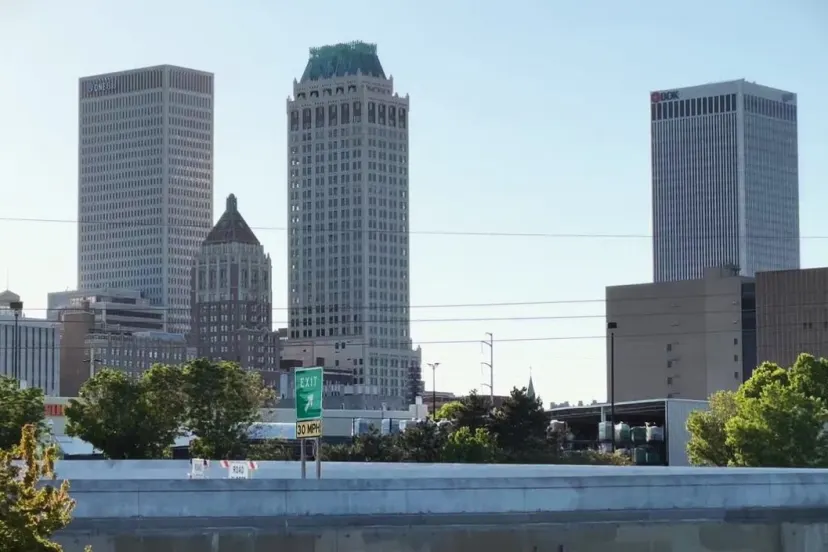(TULSA, Okla.) Gaps relating to the health and wealth of Indigenous Americans are felt in Oklahoma and beyond, and one area in which this gap is prominent is in housing for Indigenous youth. Equality Indicators show that Native youth is homeless at two times the rate of white youth in Tulsa.
Olivia Denton Koopman, Chief Data and Analytics Officer for Housing Solutions Tulsa, says the disproportionate rates of homelessness amongst Native youth are particularly noticeable among those between the ages of 18 and 24.
“26% of transitional age youth experiencing homelessness do identify as American Indian, Alaska Native, or Indigenous, so that is an incredibly high disproportionate subpopulation of the clients that we’re serving,” said Denton Koopman. “Overall, only 13% of the Tulsa Metro area identifies as American Indian, Alaska Native, or Indigenous, so that is just to show how high that overrepresentation is.”
Among 2024 survey respondents between the ages of 18 and 24 who identified as American Indian, Alaska Native, or Indigenous, 67% listed mental health as a cause of their homelessness, 56% listed job loss, and 44% listed a lack of affordable housing.
Additionally, 60% of respondents said they were Cherokee, 10% were Choctaw, 10% were Muscogee (Creek), 5% were Muscogee, 5% were Blackfeet, 5% were Seminole, and 5% were Sac and Fox.
“We started doing [data] collection for Tribal Citizenship in regard to what nation [survey respondents are] members of,” Denton Koopman said. “Prior to that, we were strictly using census data collection, which is a lot more generalized.”
Denton Koopman says Housing Solutions Tulsa has also added Tribal leadership to its board from the Muscogee (Creek) and Cherokee Nations, and that it is currently working to have more communication with Tribal Nations around the topic of homelessness.
VNN Oklahoma will continue to report on this issue by diving into what actions local leadership is taking to address Native youth homelessness in Tulsa.

